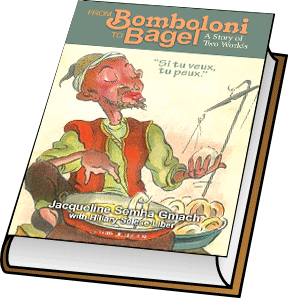It is 1942. We are in the middle of World War II. The Germans have invaded Tunisia. In Le Bardo, a small town near Tunis that is world famous for its mosaics from the period of Queen Didon, the Germans are building a concentration camp. The Jews live in fear. Some Jews have converted to Catholicism. Others have taken refuge in Bizerte. The rest of us have remained in Tunis, but we are very careful. In Tunis, my father is Doctor Edouard Nataf is a VIP, a renowned and respected dental surgeon. His clinic is at 1 Rue de Rome, the main street in Tunis. A copper plate on the door to his office identifies him as a dentist, but the truth is that the plaque is unnecessary. Everyone in Tunis knows my father. 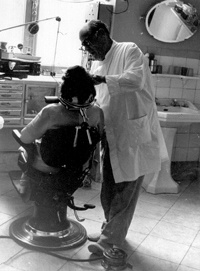 Today is an exceptionally hot summer day. It is Saturday, the Jewish Sabbath, and we have finished eating lunch. Even though we are religious, my father has gone to his clinic. This is his habit every Shabbat afternoon. As soon as our meal is finished, my father takes a nap and we children must be very quiet so as not to disturb his rest. Then, he goes to his building, strips to his white underwear and raffia slippers, and organizes and cleans his office. He is working away in his private world when suddenly, around 3:00 p.m., the doorbell rings. Papa thinks it is my mother and walks to the door to let her in. Standing in front of him are two German officers, one strong and overpowering, the other in a weakened physical condition. As he stands in their presence, my father is overwhelmed by the fear a Jew feels when confronted by a Nazi. His undressed state makes him feel even smaller and more powerless. He tries to send them away. “I am not working today,” he tells them in his rudimentary English, the only language he shares with the German officers. He starts to explain that he is just cleaning and organizing his clinic, but before he can get the words out of his mouth, the stronger German points a gun in his face. “You will do!” the officer orders. The two men enter the office and they try to communicate the problem to my father. The weaker man has a terrible dental abscess which requires immediate emergency care. This is obvious to Papa. However, the man is a hemophiliac. During any operation, there is bleeding. But for this man, a man with hemophilia whose blood lacks the ability to clot, bleeding can mean death. Papa does not want to operate, but the healthy officer makes it clear that he has no choice. The great Dr. Nataf reminds himself that he is a professional and that he must behave as a professional should behave. Outwardly, he appears calm and in control; inwardly, he is near panic. How can he prepare for this potential disaster? Can he possibly prevent a calamitous result? Papa consults with each of his colleagues. Each dentist offers his advice, but they also caution him that even the best surgeon may not be able to stop the bleeding and save this patient’s life. Everyone is aware of the danger that my father is in. Finally, he asked an old woman in the shuk (the marketplace). She took him into her house and told him what he must do. Papa went to the girl’s mother and told her, “Your daughter must urinate on a cloth and put it on her neck. She must do this every day.” The young girl was desperate to improve her appearance. The old lady’s instructions were disgusting to the girl, but she did what she had been told to do. Unbelievably, her skin cleared just as the old lady had predicted.
I have long been interested in stories of people overcoming depression and life’s circumstances and then bouncing back with such resilience and spirit that they go on to help others live full and meaningful lives. I was impressed to learn that Jacqueline Gmach has written a book about her life which includes these very topics in such a moving way. This autobiography has the potential to resonate and inspire a large audience. Susan Polis Schutz, Writer/poet/filmmaker, and Publishing Company Executive
|
|||||||||||||||

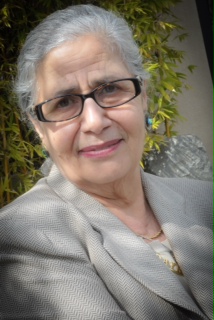
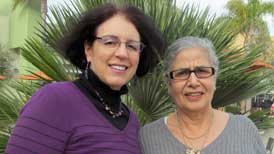
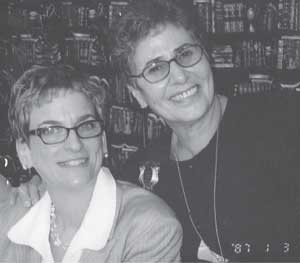
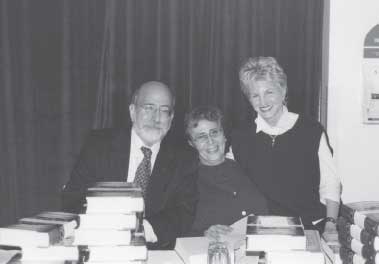
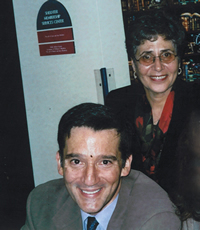
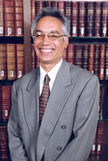 ;
;
